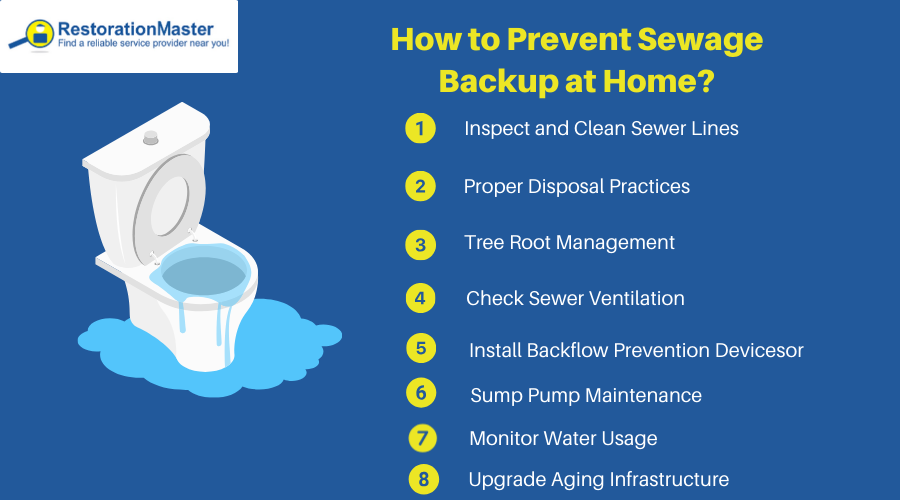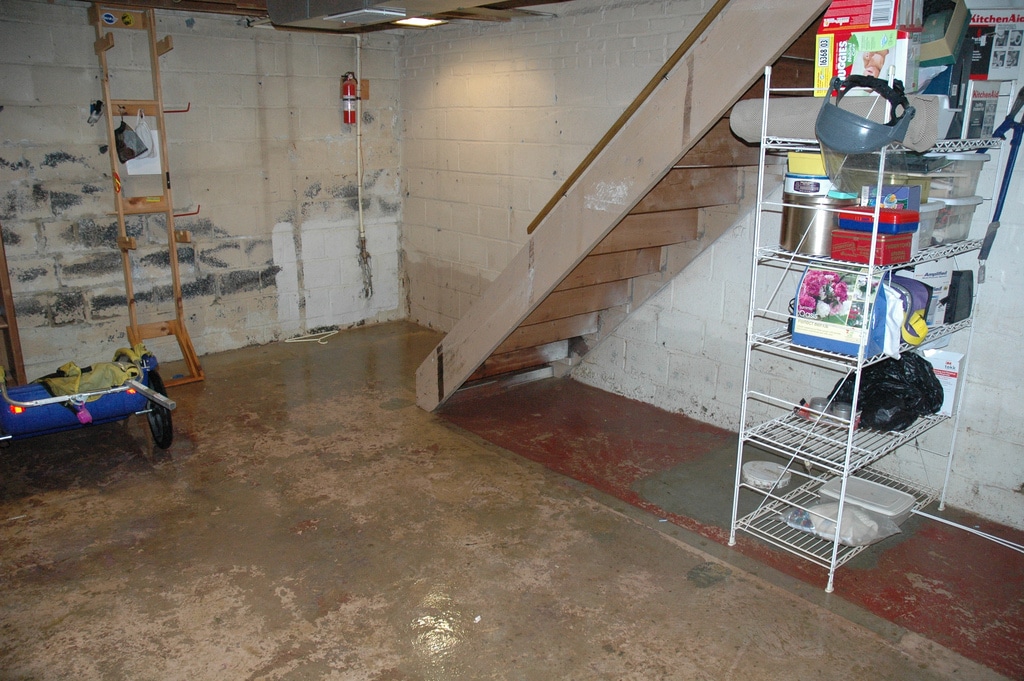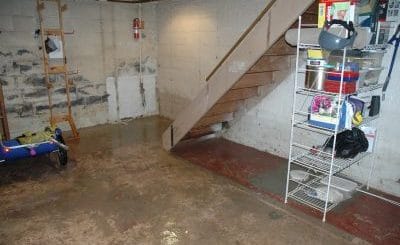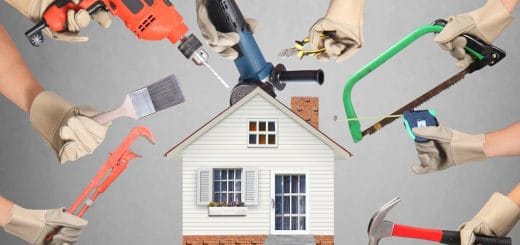How to Handle a Sewage Backup in the Basement
While water flowing into your basement is already stressful, sewageSewage is wastewater containing biological and chemical cont... More water can be twice as bad. Because it is loaded with numerous contaminants, it not only accelerates the process of destroying your personal belongings, it poses a severe health risk to you and your loved ones.
While this mess will be expensive to clean up, it must never be done yourself because many dangerous bacteria and odors can be left behind. Instead, you can minimize the time and costs when learning how to handle a sewageSewage is wastewater containing biological and chemical cont... More backup in the basement.
What to Do After Sewage Backup in Basement
- Call for professional help. All sewageSewage is wastewater containing biological and chemical cont... More backup situations are considered emergencies, due to the amount of destruction and health risks they cause. Don’t hesitate to call a sewage backup cleaning professional as soon as you find the mess in your basement.
- Shut off the water in your home. If the valve is under the sewageSewage is wastewater containing biological and chemical cont... More water, leave it alone. Otherwise, find it right away and turn it off to prevent other appliances from floodingFlooding is the overflow or accumulation of water in areas t... More.
- Turn off the electricity. Any closed circuits will make the situation one thousand times more dangerous. If you are able to turn it off safely, don’t hesitate to do so.
- Wear personal protection equipment. The last thing you want in this situation is to have contact with the contaminated water. Use as much protection possible, including a facemask rubber gloves and boots, and eyewear. Do not walk through the sewageSewage is wastewater containing biological and chemical cont... More water unless it is necessary.
- Open all windows and doors. SewageSewage is wastewater containing biological and chemical cont... More water can spread overwhelming odors very quickly while intoxicating the breathing air within your home. Be sure to open all windows and doors to allow as much fresh to flow throughout the property as possible.
- Call the sewer department. Unless you are connected to a private sewer, informing them of the problem right away can prevent these occurrences in the future.
- Call insurance company. Unfortunately, sewer backups are not covered under regular homeowner’s or renter’s insurance policies; they must be purchased separately.
- Do not use water appliances. This includes the shower, faucets, hoses, washing machine, etc. If the sewageSewage is wastewater containing biological and chemical cont... More backup was caused by a pipe burst, the last thing you will want is adding more water and pressure.
- Add bleach to the standing water. Although this certainly won’t solve the problem, disinfecting the sewageSewage is wastewater containing biological and chemical cont... More water somewhat will help to lower some of the health risks.
Preventing a Sewage Backup

As you may have already experienced, a sewageSewage is wastewater containing biological and chemical cont... More backup is every homeowner’s most dangerous and messy problems. It is expensive to clean up and many building materials and personal belongings will need to be replaced or restored with content cleaning.
On the other hand, there are methods of preventing a sewage backup in the future by using a backflow preventer. While this device won’t guarantee that a backup will not occur, it can prevent any backflow of sewageSewage is wastewater containing biological and chemical cont... More water from the drain. As soon as it senses the water coming from the other end, it closes the main line from the outside system to prevent the contaminated water from flowing back in.
While there are different types of this device, it is worth the investment to buy one of a higher quality as the cheap ones will become cluttered with debris and not close properly. As many sewageSewage is wastewater containing biological and chemical cont... More backups happen when property owners are not at home, it is a good idea to spend the money to have a high quality device installed.
Sewage Backup Cleanup

While some cases of sewageSewage is wastewater containing biological and chemical cont... More backups are not very severe because they are noticed right away, others can go untreated for days as home and business owners are at work or go on vacation. As soon as they come home, the last thing they want to see is a pool of contaminated water in their basement.
While these jobs can indeed be messy, it is worth the costs of hiring a professional sewage backup cleaning expert to completely extract the water and restore all building materials and contents. This way, you are not facing the risk of severe illness due to leftover bacteria and odors.
When searching for the sewageSewage is wastewater containing biological and chemical cont... More removal company, consider contacting the experts at RestorationMaster. Their sewageSewage is wastewater containing biological and chemical cont... More backup cleaning services use professional equipment and products that will remove all traces of water and bacteria. They will also dispose of all porousPorous describes a material that contains small openings or ... More material, including drywall and wood while disinfecting concrete walls and floors. Finally, they will deodorize the entire area to ensure that all odors are fully removed. With these services, you can be sure that your basement provides a safe and clean environment for you and your loved ones again.
Related FAQs on Sewage Backup Issues
How to Clear a Blockage in the Main Sewer Line?
There are several different methods that you can try to clear a main sewer line clog. The first way is to snake your drain using a set of tools including work gloves, pipe wrench, auger, and garden hose. The second way is to check for tree roots. If you have a tree root issue, snaking your drain may not work. You will need high-pressure water to break up the root. The final way is to make a homemade drain cleaner, let it sit in the drain for half an hour, and flush it down to get rid of any obstruction. For more details on each method, read How to Remove a Clog from the Main Sewer Line
What Causes a Sewage Smell in My Toilet?
Several factors can cause a sewageSewage is wastewater containing biological and chemical cont... More odorAn odor is a smell, often detectable by the human nose, whic... More in your bathroom. If cleaning your toilet hasn’t eliminated the smell, consider these potential causes.
- There is no water in the p-trap
- Clogged toilet drain
- Bacteria from the sewer is getting into your toilet bowl
- Clogged vent pipe
- The sealing ring on your toilet has damage
For more information on these reasons, read Why Does My Toilet Smell Like Sewage?












